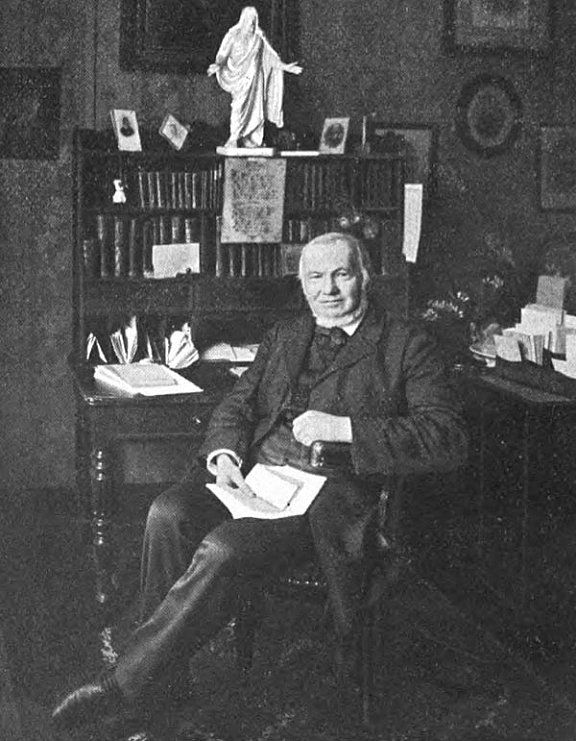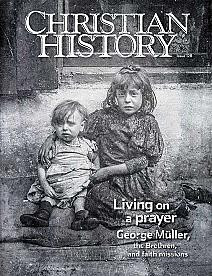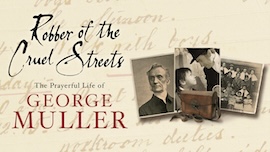Friedrich von Bodelschwingh Famous for His Philanthropy

Bodelschwingh worked long hours for others into old age.
FRIEDRICH VON BODELSCHWINGH was born on this day 6 March 1831, the sixth child of his parents. His father was a high-ranking minister in the Prussian government and the boy grew up as a playmate to the crown prince, who later reigned as Emperor Friedrich III. Once as a child, following a visit to an impoverished home, Bodelschwingh startled his father by asking whether the rich might not consent to be a little less rich so the poorest might be a little less poor.
As a young man, Bodelschwingh managed a farm. One hot summer, the German wheat crop was ripening so fast that he feared it would spoil in the fields. In what would prove to be one of the most significant days in his life, he rode to town to hire workers. Along the way, he overheard a mission speaker preaching on Christ’s words: “The harvest truly is plenteous but the laborers are few: pray therefore to the lord of the harvest that he will send forth laborers into his harvest.” These words were not lost on him. On the spot he dedicated himself to God’s use.
He rode home full of joy, completed the wheat harvest, and entered a mission school. Before his conversion, Bodelschwingh had already been concerned for the welfare of the peasants under him, many of whom lived lives of great suffering. Now, with training under his belt, his whole life became dedicated to uplifting the wretched. His first work was a pastorate among German expatriates in Paris where he helped street sweepers, servant girls, and rag pickers. He considered getting lice on his clothes in the care of the poor a medal of love.
Later he was invited to head a small Christian facility for epileptics at Bethel. Under his care, the colony came to house hundreds, whom he placed in homelike settings as much as was possible rather than in large, impersonal, institutional buildings. He required everyone to do something useful, extending work to the mentally ill, social outcasts, the weak, and the infirm. Among his therapies were music and farm work—he had converted some “worthless” ground into rich farmland. He also provided housing and work for tramps. Although the ministry accepted gifts, its inmates and workers did their own carpentry, brick-making, tailoring, gardening, bookbinding, baking, and so forth. Among his endeavors were deacon and deaconess training houses which sent out well over a thousand workers between them.
Bodelschwingh heard many parents complain that their sons lost their faith while training at the state-run theological seminaries. Alarmed by this, Bodelschwingh founded a theological school to counter modernism. He considered this his holiest and most necessary work, “bringing these young students to the Scriptures, God’s spring of life, and to the living Savior of poor sinners.”
Bodelschwingh worked sixteen-hour days well into his eighties and died in April 1910.
—Dan Graves
— — — — —
Like Bodelschwingh, George Müller promoted many charities. Read his story in CH # 128 Living on a Prayer
or watch it in Robber of the Cruel Streets at RedeemTV
Robber of the Cruel Streets: The Prayerful Life of George Muller can be purchased at Vision Video.







